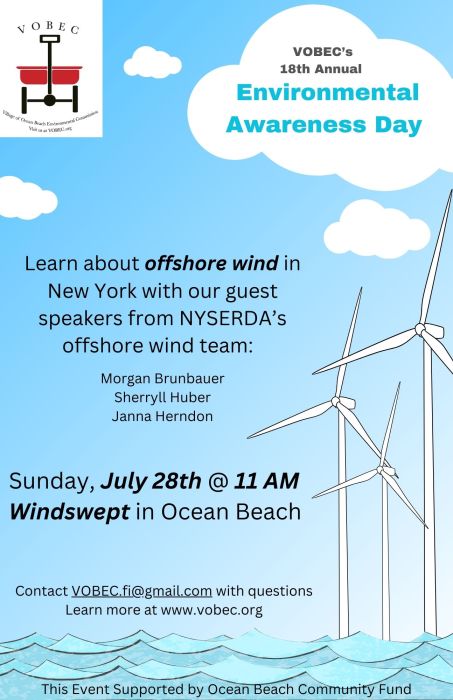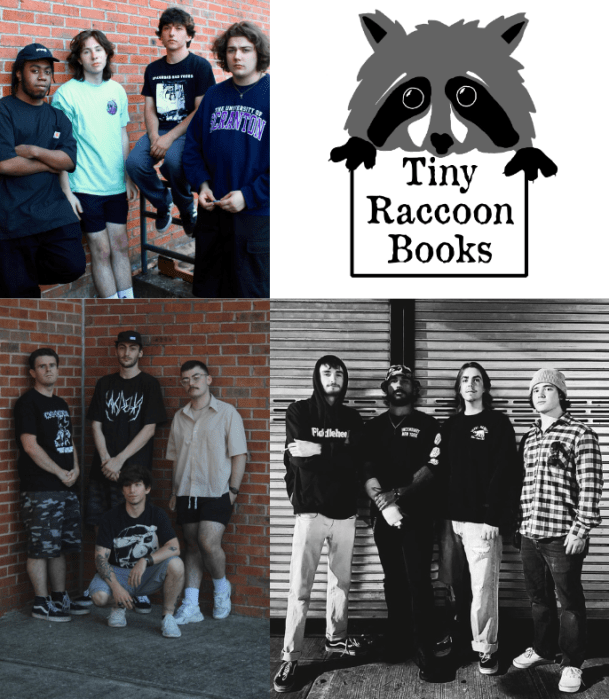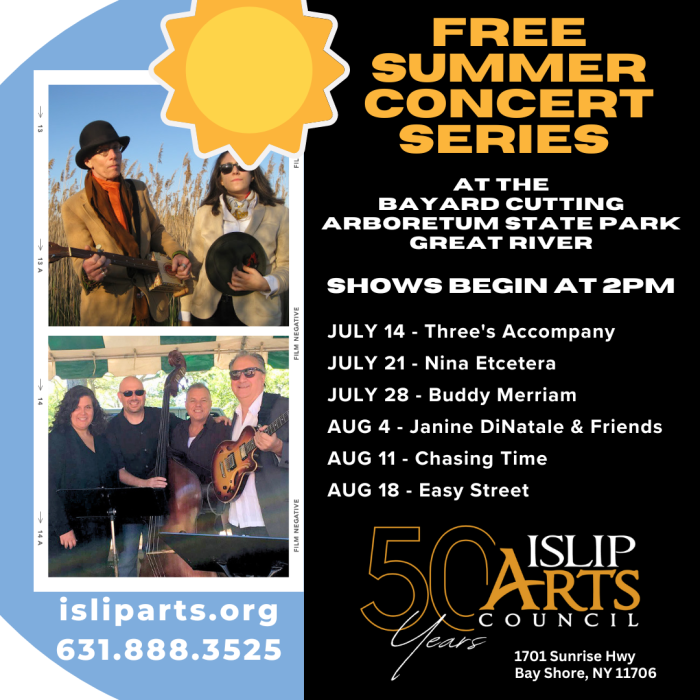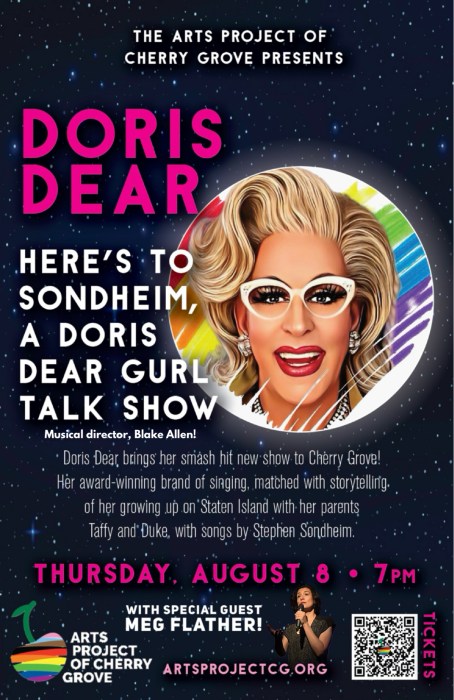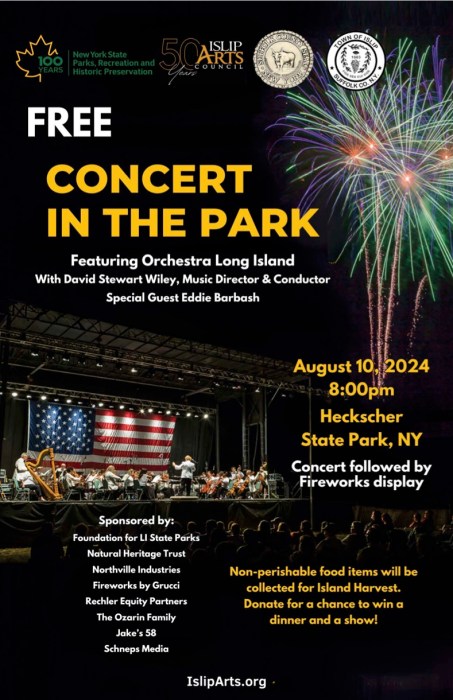There’s a chord in the song “Madness” by the melancholic rock band Muse that, when sung by the five voices in my all-vocal band, sends a rush across my skin. We call it the “holy s$*%” chord, because … holy s$*%, singing it makes us really feel something. We experience the song’s emotion, yes – it’s beautiful and dark, almost anguished – but the “something” we feel also has to do with being together, singing together, and connecting in a way unlike any other.
When the COVID-19 pandemic hit, all rehearsals and performances abruptly ceased. We were isolating in our homes, aware of the general risk of gathering and the specific danger of singing in a group (a Washington state choir saw 87% of its members become infected after meeting in person).
Attempts to vocalize together on Zoom were similarly squashed, but not for health reasons; the delay was just too long to allow for live harmonizing. A friend invited me to record myself singing a few lines from “Three Little Birds” by Bob Marley and the Wailers, which were patched together with vocals and visuals from his other friends. You can tell by the look on my face in the resulting video that I did not feel as though “every little thing” was “gonna be alright.”
Without music – singing with my band, listening at a concert venue, or even hearing songs over the speakers in a bar with friends – my depression worsened. I felt as though I’d lost the cartilage that allowed the bones of my life to glide over each other at least some of the time.
That description may sound a little bit melodramatic (and we musicians certainly can be). But research shows that music has real power over the mind. In fact, singing or listening to music has been shown to increase the release of oxytocin, the neuropeptide associated with empathy, sexual activity, and trust, according to one study. Another study indicated that we don’t just listen to music; we attempt to understand and “feel” it, which creates an emotional response. Another study still showed that when we make music together, the teamwork required can produce positive feelings among the participants.
“Music is a universal language,” says Jaimie Oliver-Masiello, LMHC, a licensed mental health counselor and supervisor of Behavioral Health with Northwell Health. “It can reach any audience. It can be listened to. It can be read. You can feel its vibration. You can create it, perform it, share it, and express it in a multitude of ways.”
Music creates a sense of belonging, as families, friends, communities, and countries pass down songs or share in musical traditions. We also tend to feel a particular affinity for a person who shares our musical tastes.
“Music isn’t just about the enjoyment in that moment,” says Amanda Kremberg, LMHC, a licensed mental health counselor and director of Behavioral Health with Northwell. “There is that deeper meaning. During the pandemic, music – played from balconies, or sung in a hospital’s atrium –helped people feel less alone. ”
I was far from alone during the pandemic, given that my husband, my two young children, and my dog were in constant and close proximity. But I still felt the loneliness that struck so many of us when we were forced to isolate. I missed seeing my extended family, particularly my grandmother, who passed away at 102 after contracting COVID-19. I missed going to exercise classes, which for me played as important a role in my mental health as medication and therapy. And I missed making music with my friends. So much.
When our fears calmed just slightly – we’d stopped wiping down our groceries before bringing them inside, for example – my bandmates andI decided to begin meeting again, with caution. We gathered in driveways on camp chairs set up 6 feet apart. We met in a garage, keeping the door open, and wore masks while we revisited old parts of our repertoire. Deep breaths may have caused my KN-95 to suck into my mouth a few times, and that“holy s$*%” chord may have sounded a little muffled, but I didn’t care.
Behind my mask I was joyful.
“There’s always been a place for music,” Kremberg says. “It’s become all the more crucial during the pandemic, but it has always been there. And it will always be there.



